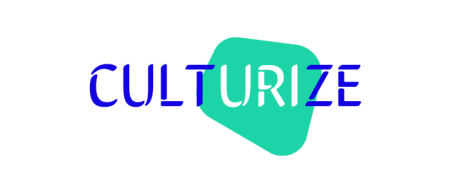CultURIze
The importance of persistent URIs cannot be overestimated in the provision of sustainable online access to cultural heritage. CultURIze is a tool and working method that makes it easy to create persistent URIs and identify objects sustainably on the web.
It was created to support smaller heritage organisations, and solves the problem of link rot, where non-persistent links are used and references to certain website addresses become inactive.

CultURIze is a new, user-friendlier version of the former Resolver tool, which was originally developed in collaboration with Open Knowledge Belgium. CultURIze supports the implementation of the vision statement: ‘A Flemish cultural policy in the digital era’ through the pooling of digital infrastructure. The tool enables smaller cultural organisations to make sure their collections can be found on the semantic web.
Persistent URIs are created in four stages using:
a spreadsheet for keeping a record of the persistent URIs
a desktop app for converting the spreadsheet into an .htaccess file
a GitHub repository
from where an Apache web server can be configured automatically.
Get started with CultURIze
You can find more inspiration and information about managing the tool and consult the user guide here. You can download the latest version of CultURIze here. Developers can use and customise the source code, or contribute to the open source project. Please refer to the GitHub page for this.
The management model
In order to ensure the CultURIze open source tool is actually implemented, it’s crucial to have a user community for the tool and to develop a cooperative management model for the code. This model should enable heritage organisations to manage and finance essential software to fulfil part of their mission, i.e. the distribution of knowledge and information about their collection on the web.
Cultural heritage organisations are currently very often dependent on closed commercial solutions that are expensive and have a short lifespan, or on poorly supported open source tools. The innovative partner project ‘CultURIze Management Model’ looked for a way that allowed cultural heritage organisations to contribute to the sustainability of open source projects themselves.
